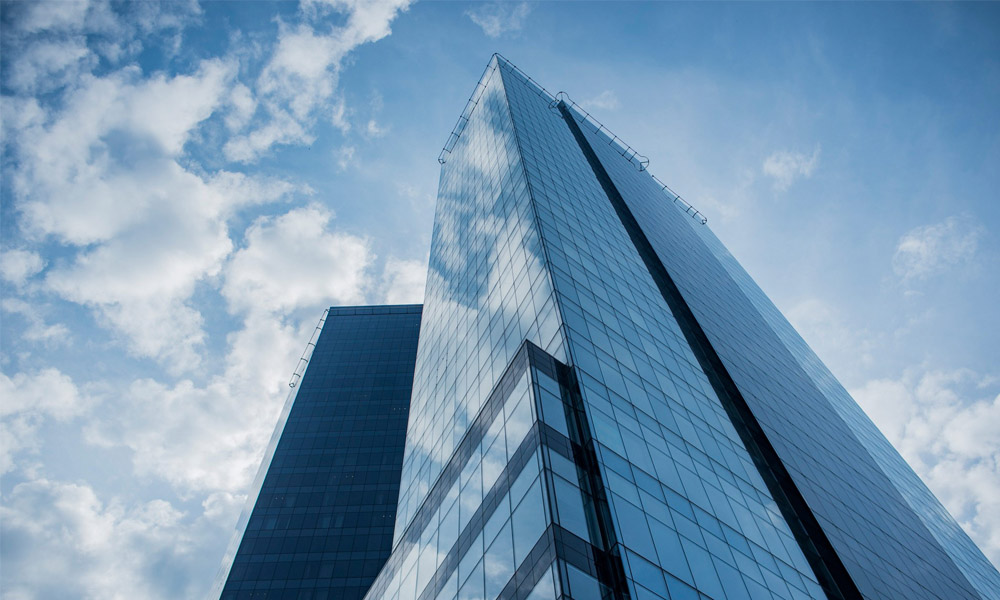

Mirror Glass Factory Crafting Reflection and Innovation
In today’s world, mirror glass is an essential element in various industries, from architecture and interior design to automotive and fashion. The production of mirror glass combines traditional craftsmanship with modern technology, creating a product that is both functional and aesthetically pleasing. This article explores the workings of a mirror glass factory, highlighting the processes, technologies, and innovations that define this industry.
The Importance of Mirror Glass
Mirror glass serves multiple purposes. Primarily, it is used to provide reflection, but its applications extend far beyond mere aesthetics. In homes and buildings, mirrors create an illusion of space and light, enhancing interiors. In automotive design, mirrors are crucial for safety, providing drivers with essential visibility. Furthermore, the fashion industry employs mirror glass in cosmetics and displays, making them a versatile product across various sectors.
The Manufacturing Process
The process of creating mirror glass involves several intricate steps, each requiring precision and expertise. It begins with the selection of raw materials, primarily high-quality float glass. This glass is produced by floating molten glass on molten tin, ensuring a smooth and uniform surface.
Once the float glass is ready, it undergoes a rigorous cleaning process. Any impurities on the surface can affect the quality of the final product. Following cleaning, the glass is cut to the desired size and shape for specific applications.
The next step is the application of a reflective coating. This is typically done with silver or aluminum, which is applied to the glass using either vacuum coating or spray methods. In vacuum coating, the glass is placed in a chamber where the metal is vaporized and deposited onto the surface of the glass. This process creates a thin, uniform layer that provides excellent reflectivity.
After the reflective coating is applied, the glass is treated to enhance its durability. This usually involves a protective layer that shields the reflective surface from scratches and environmental damage. Furthermore, various customization options, such as anti-fog coatings and tinted finishes, are available to cater to specific customer needs.

Quality Control
Quality control is a crucial component of mirror glass manufacturing. Factories employ advanced technology to ensure that each piece of glass meets strict industry standards. This involves testing for clarity, reflectivity, and durability. Automated systems are often in place to detect imperfections during production, allowing for real-time adjustments and minimizing waste.
Additionally, skilled technicians perform regular inspections throughout the manufacturing process. Their hands-on expertise ensures that the final product not only meets aesthetic standards but also fulfills safety and functional requirements.
Innovations in the Industry
The mirror glass industry is continually evolving, driven by technological advancements and consumer demands. One significant innovation is the development of smart mirrors, which integrate technology such as touchscreens, LED lighting, and connectivity to devices. These mirrors are particularly popular in modern bathrooms and retail settings, offering both functionality and interactivity.
Another emerging trend is the use of sustainable materials and eco-friendly production methods. Many factories are now focusing on reducing their carbon footprint by implementing energy-efficient practices and sourcing recycled materials. This shift toward sustainability is becoming increasingly important as consumers prioritize environmentally responsible products.
Conclusion
A mirror glass factory plays a vital role in crafting not just reflective surfaces, but also in shaping the aesthetics and functionality of our surroundings. Through a combination of traditional techniques and modern innovations, these factories produce high-quality mirror glass that meets the demands of various industries. As technology advances and consumer preferences evolve, the mirror glass industry is set to continue its trajectory of growth, embracing new challenges and opportunities in the world of reflection.